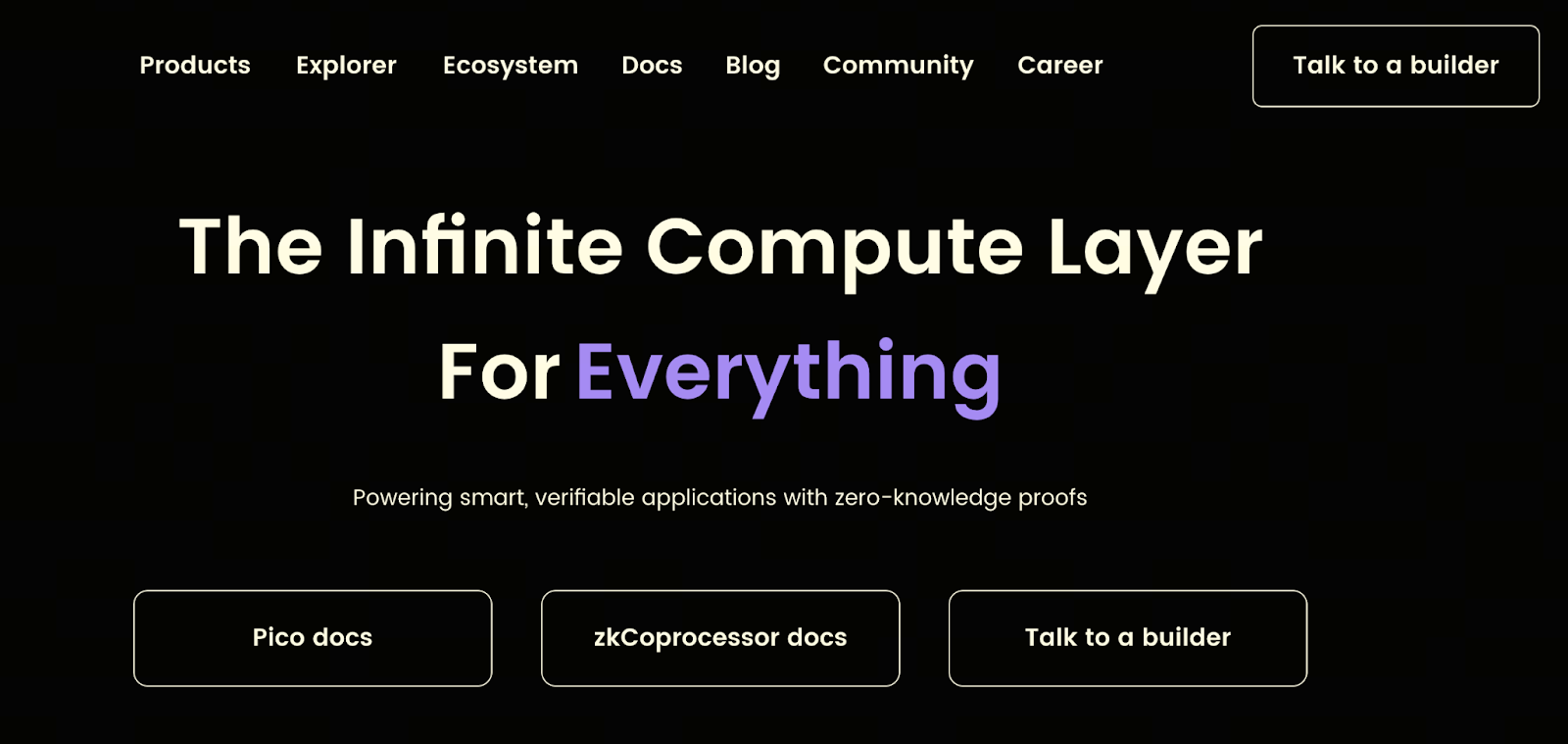Brevis Ignites the ZK Space — The Next Cornerstone Project on BNB Chain
What Is the Brevis Project?

Image: https://brevis.network/
Brevis is an infrastructure initiative centered on zero-knowledge proof (ZK) technology. It is designed to deliver comprehensive data verification and co-processing capabilities across blockchain ecosystems. The project’s core principle involves executing complex computations off-chain, then securely syncing results back to the main chain via ZK proofs, which boosts both performance and security for blockchains.
Currently, Brevis has rolled out its “ZK Coprocessor” module, allowing smart contracts to access and process historical on-chain data without requiring intricate cryptographic logic. In short, it acts as a key middleware layer—providing DApps with advanced data processing capabilities.
The Signal Behind $7.5 Million in Funding
Brevis recently secured a $7.5 million seed round led by Polychain Capital and Binance Labs, with participation from notable firms including IOSG, Nomad Capital, HashKey, and Bankless Ventures.
This round signals that investors remain highly optimistic about ZK computation and infrastructure. Binance Labs’ involvement especially highlights strong potential for deep collaboration with the BNB Chain ecosystem.
Brevis will direct funds toward research and development, expanding the Prover Node Network, optimizing algorithmic performance, and driving the ZK Coprocessor’s ecosystem adoption. Brevis plans to launch compatibility solutions on multiple chains, with BNB Chain as a key pilot platform.
ZK Technology Highlights on BNB Chain
Brevis’ BNB Chain deployment focuses on two major technology engines:
- Pico zkVM: An off-chain Universal Virtual Machine that executes any program logic and validates results with zero-knowledge proofs;
- ZK Data Coprocessor: Empowers smart contracts to efficiently access, aggregate, and verify historical on-chain data, dramatically lowering the development barrier.
These technologies let developers run complex computations securely—such as cross-chain settlement, decentralized trading strategy analysis, and on-chain credit scoring. Brevis also plans to release SDK tools. This will facilitate easier integration for developers.
What It Means for New Investors
For those new to Web3, Brevis stands out for several reasons:
- Brevis serves as the foundational layer for ZK technology and underpins the entire ecosystem;
- Backed by top-tier investors, indicating significant long-term potential;
- Deep integration with BNB Chain could offer airdrops, testnet rewards, and other community benefits;
- For learners, Brevis provides an excellent gateway to understanding ZK and off-chain computation.
Interested participants should follow project updates, review the whitepaper, and monitor future developer events.
Risks and Future Outlook
Despite Brevis’ promising technical roadmap, challenges remain. ZK technology involves significant computational complexity, and balancing performance with security is challenging. Additionally, ecosystem adoption depends on buy-in from the BNB Chain community and developer base.
Still, industry trends point to ZK verifiable computation as a new battleground for blockchain infrastructure. As DeFi, AI, and cross-chain applications demand ever-higher performance, Brevis’ “ZK Coprocessor” approach is positioned to drive breakthrough innovation in the field.
Brevis is more than just a tech project. It is likely to become a key driver for deeper synergy between BNB Chain and ZK technology.
Related Articles

2025 BTC Price Prediction: BTC Trend Forecast Based on Technical and Macroeconomic Data

Flare Crypto Explained: What Is Flare Network and Why It Matters in 2025

Pi Coin Transaction Guide: How to Transfer to Gate.com

How to Use a Crypto Whale Tracker: Top Tool Recommendation for 2025 to Follow Whale Moves

What is N2: An AI-Driven Layer 2 Solution
